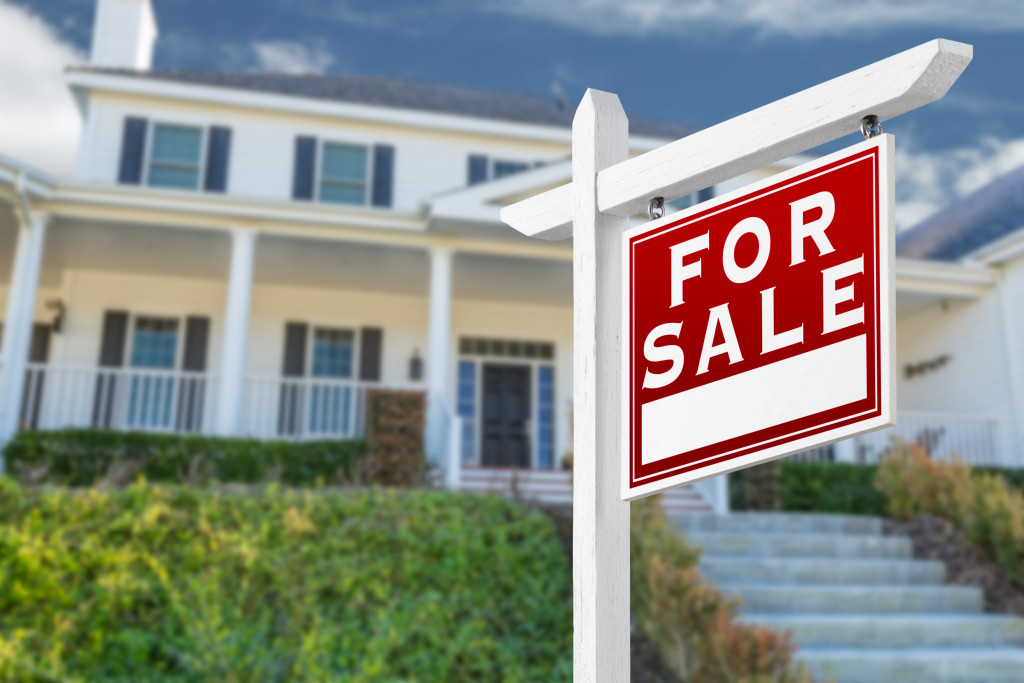Fannie Mae and Freddie Mac broke the Internet (sort of) recently when they announced that they are backing loans worth almost a million dollars in high-cost markets starting 2022. It partly caused their stock prices to rise.
While it sounds like fantastic news, what does it exactly mean for homebuyers? Will it increase their interest rates? Why are they increasing their guarantee in the first place?
Understanding Conforming Loans
To understand the gravity of this announcement, homebuyers need to know more about conforming and non-conforming home loans. The basics of mortgages are simple: a homebuyer borrows a set amount of money from a lender to purchase a property.
The property then secures the loan. If the borrower fails to pay their mortgage (a process known as defaulting), the lender can repossess it and sell it, usually in an auction. This way, they can recover the repayments. Otherwise, the borrower pays back the loan, plus interest, over time.
In some instances, though, these loans can be conforming. They are backed by two government organizations: Fannie Mae and Freddie Mac. These groups don’t offer mortgages to borrowers. Instead, they buy them from lenders and sell them in secondary markets.
In return, the lenders receive payment from Fannie Mae and Freddie Mac to offer it to other borrowers. The process helps them spread out risk.
Because the risks are lower, lenders can extend more favorable loans to homebuyers. Usually, conforming loans have lower interest rates than non-conforming ones, such as jumbo mortgages.

What Are Maximum Loan Limits?
To be conforming loans, though, they need to meet the criteria of Fannie Mae and Freddie Mac. One of these is the maximum loan limits, which are the highest amounts these organizations are willing to guarantee.
The figures change every year, depending on specific factors:
- Home prices within the area: If the average home price in a given area drops, so can the guarantee.
- Inflation: The loan limits will reflect inflation, the rate of increased prices for goods and services.
- Currency valuation: If the U.S dollar is relatively weaker against another currency, such as the euro or yen, that will affect loan limits.
- Type of property: The limits are different for single-family homes, townhouses, and multi-unit dwellings.
For 2021, the general baseline limit is $548,250, about $20,000 more than 2020. However, the actual conforming loan limit varies. In markets where homes are usually higher than the limit, borrowers can apply for mortgages as much as $822,000.
Although Freddie Mac and Fannie Mae set the guidelines, the counties determine the loan limits for these places. In Idaho, for instance, the maximum limit for a one-unit dwelling is $548,250, but it climbs to over a million for a 4-unit property.
In New York City, where home prices are generally high, a condominium’s 2021 conforming loan limit is $822,375. However, in Rochester, it is $548,250 since property prices are lower here.
Why Did Fannie Mae and Freddie Mac Increase Their Conforming Loan Limits?
The massive increase in their conforming loan limits is a response to the ongoing situation of the housing market in the United States. Over the past year, home prices increased significantly for two reasons:
- High Demand: In 2020, more people bought houses partly due to the pandemic. According to Statista, this year sold 6.5 million homes, around 500,000 more than the previous year. In 2021, that figure will increase to over 7 million.
- Low Supply: While the demand is high, the supply of properties is low, which drives home prices. Many factors contribute to the shortage, including existing low inventory and property owners holding on to their homes in the hopes of increasing equity and generating more profit.
Because of these factors, a house in California can already cost over $700,000 to a million. If the loan becomes non-conforming because it’s past the maximum loan limit, borrowers end up getting a jumbo loan.
A jumbo loan provides borrowers access to more expensive and even high-equity properties. However, because the mortgage is enormous, the interest rates are often high. The qualifications are also stringent, which means many borrowers won’t qualify for a mortgage.
The bottom line is, with the increased guarantee from Freddie Mac and Fannie Mae, more homeowners can secure a home loan with better interest rates. They can also afford to buy pricier properties, especially in high-cost markets.
This benefit, though, isn’t the best solution. In the end, to drive home prices down, the inventory should increase. The federal government needs to build more houses or provide various housing options.
